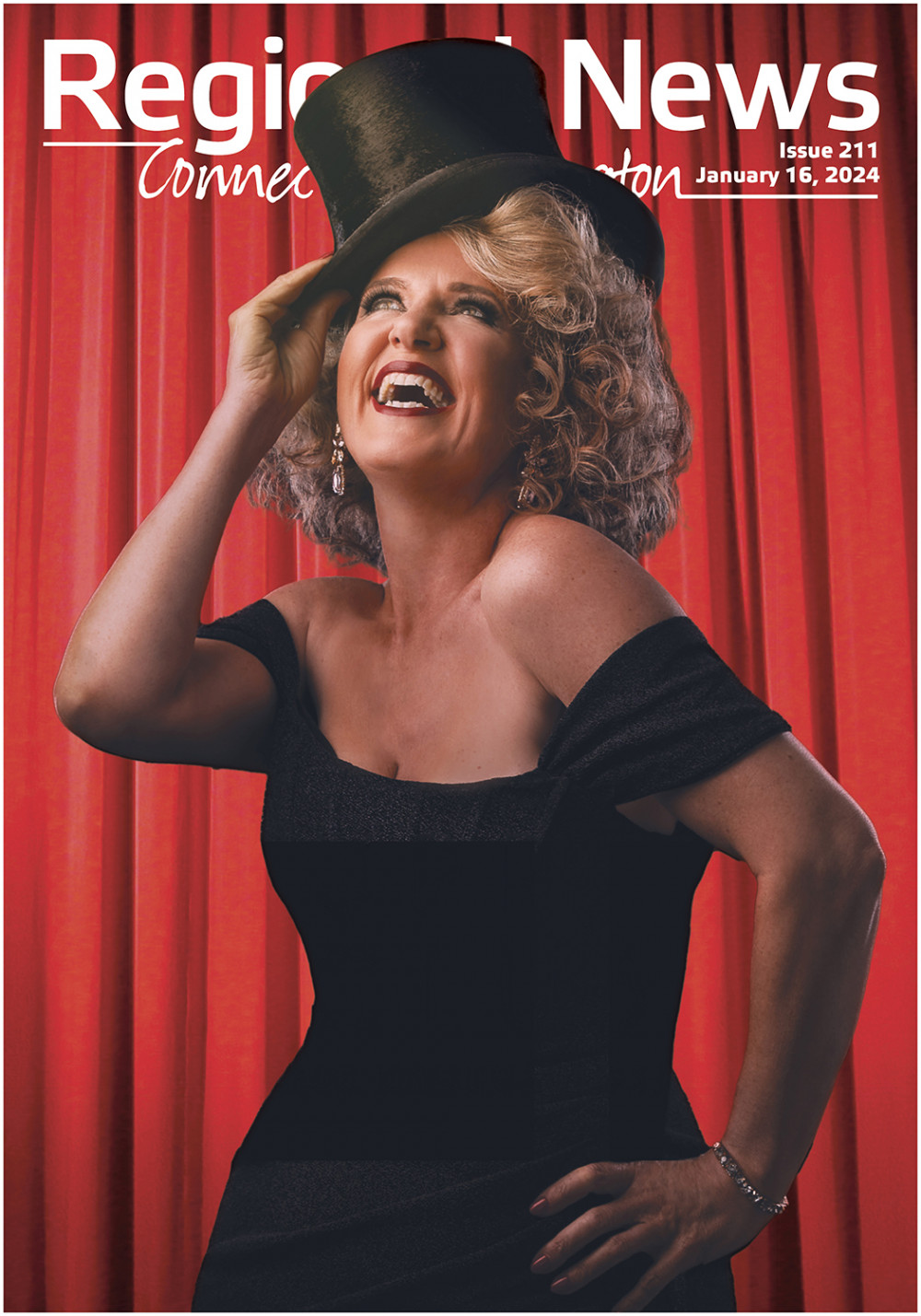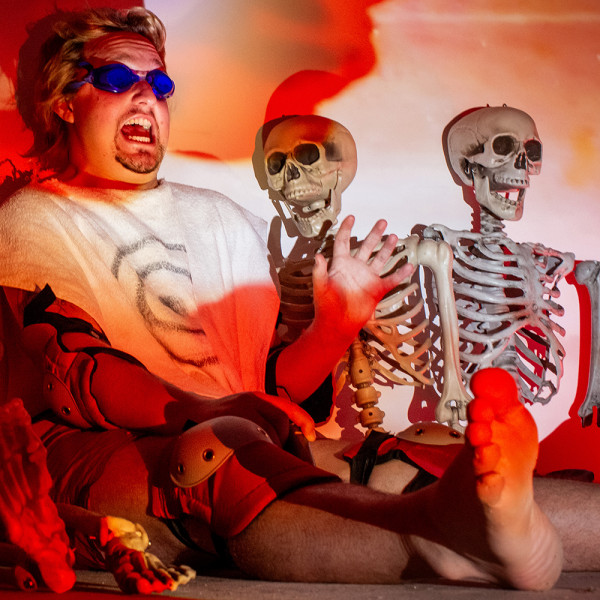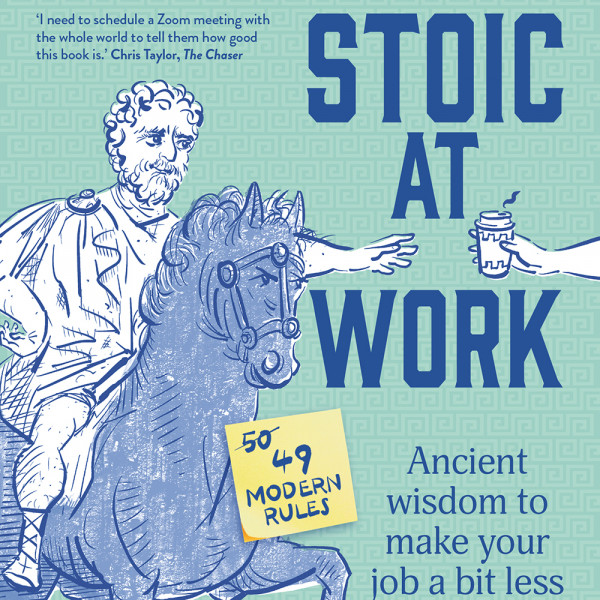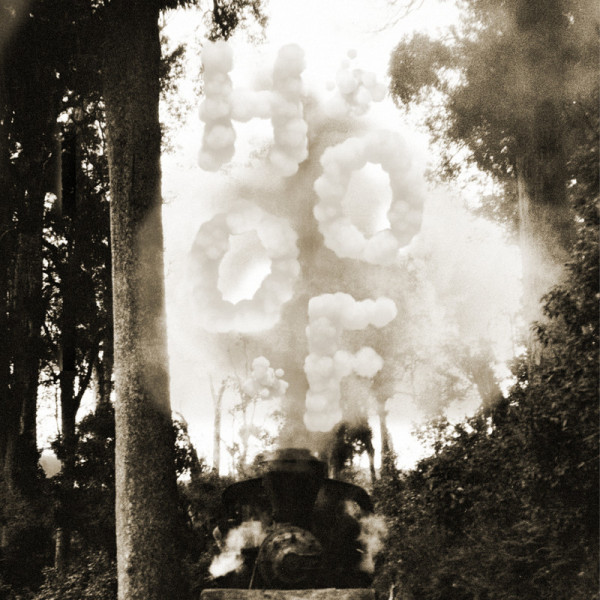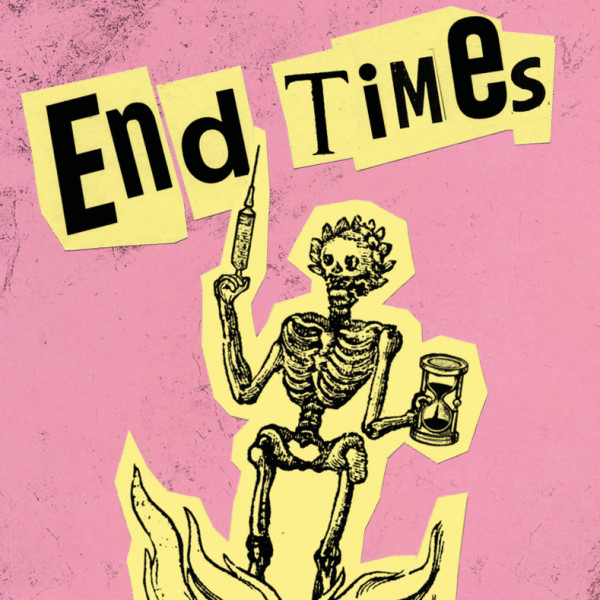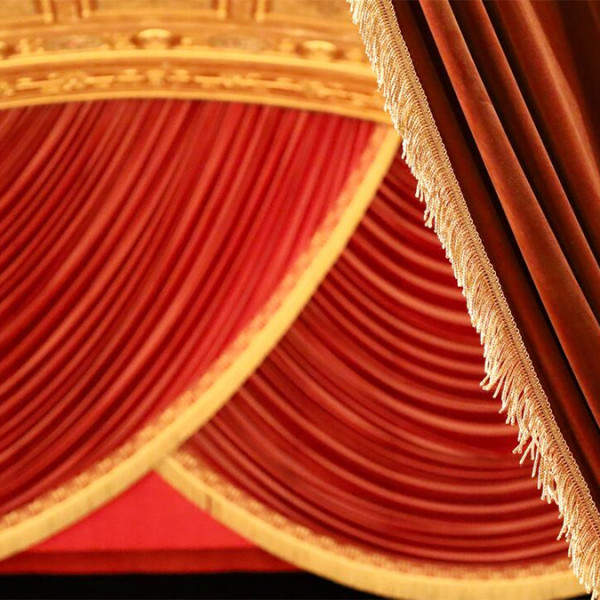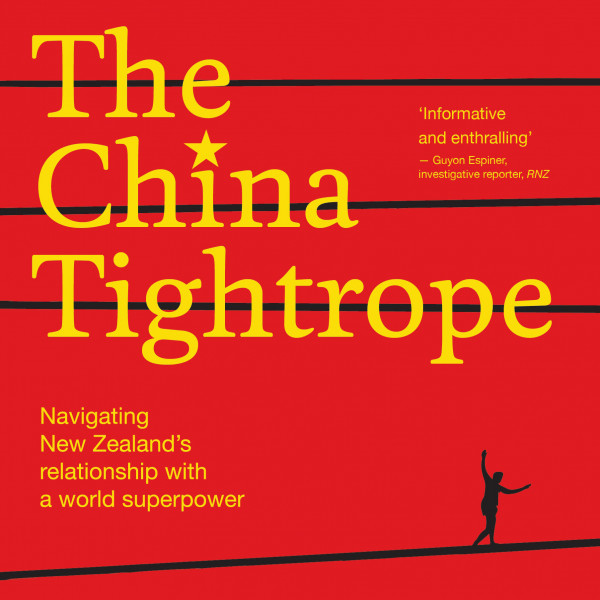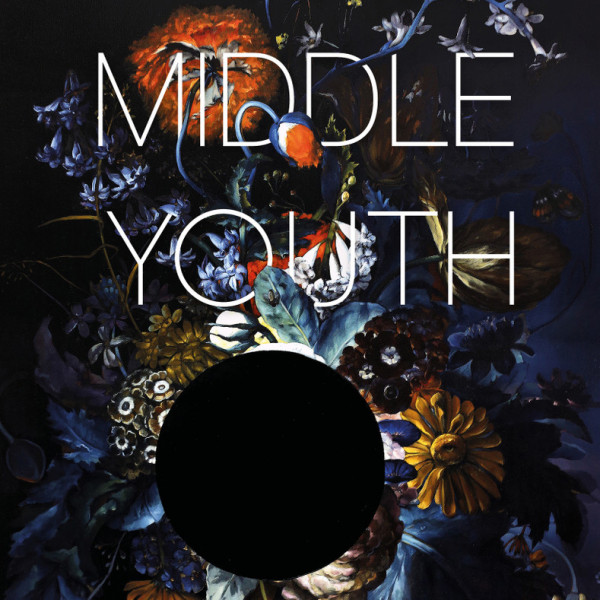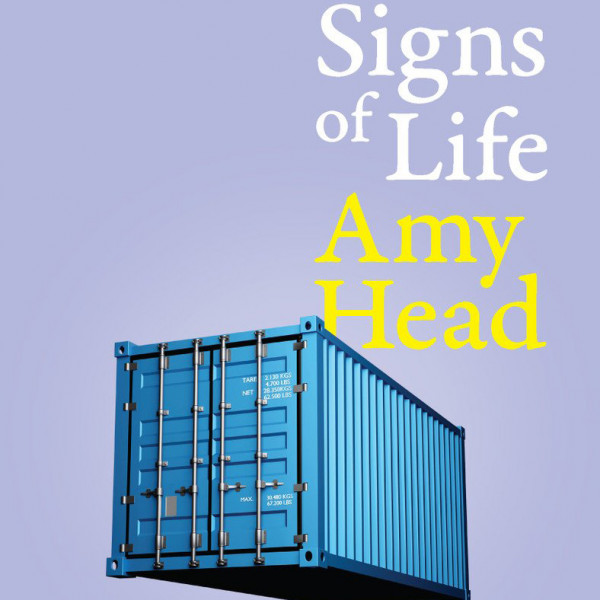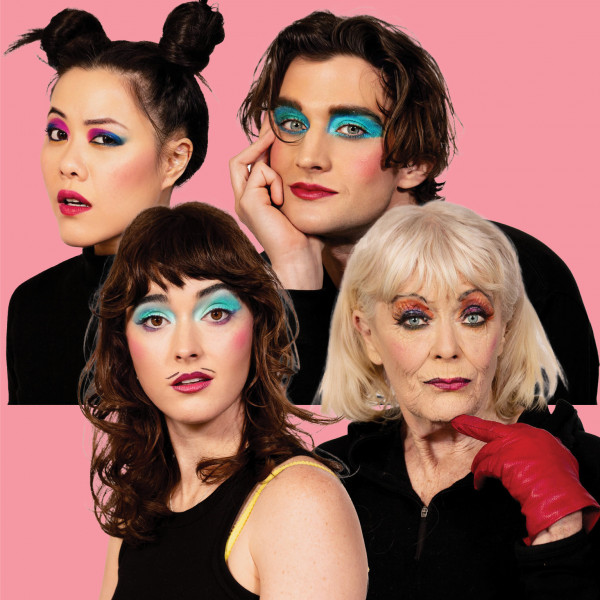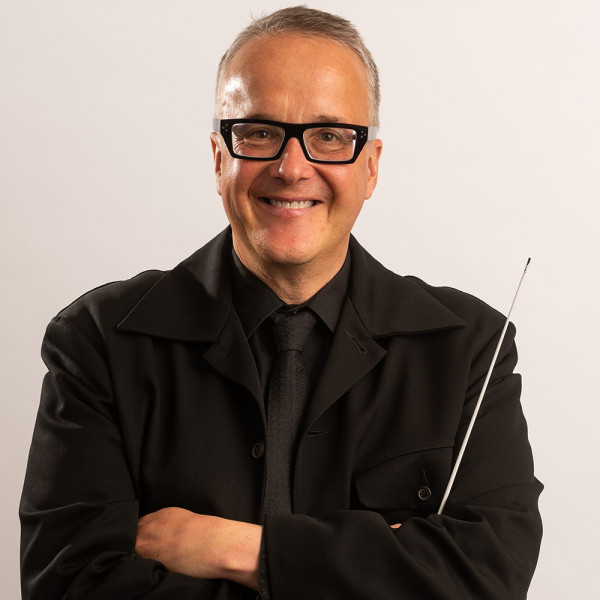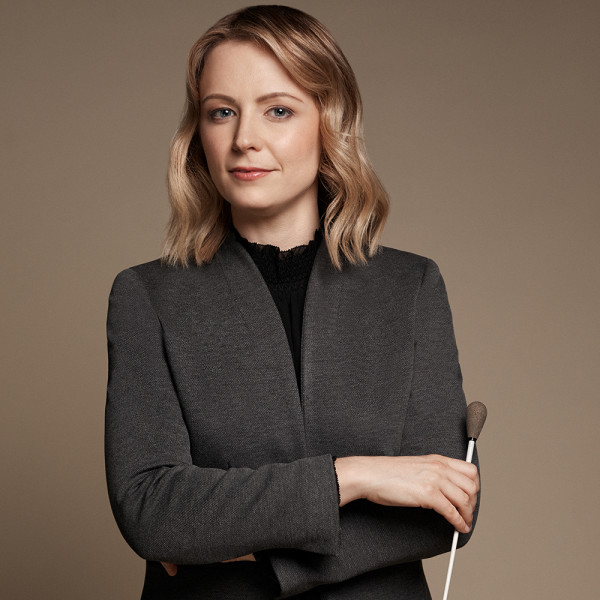
Poem of Ecstasy
Presented by: New Zealand Symphony Orchestra
Conducted by: Gemma New
Michael Fowler Centre, 28th Oct 2023
Reviewed by: Tamsin Evans
Kenneth Young describes his Dance as “a celebration of love and life”. It was glorious and exuberant, and it reminded me of the character dances seen in classical ballet, which took me to a memory of Sir Jon Trimmer on stage in one of the character parts he danced later in his career. Trimmer, who had died only two days earlier, was a neighbour and much-loved member of our community and it was lovely to have a memory of him sparked in that way.
From the joy of dance to Scriabin’s Poem of Ecstasy, the mood remained high. If ecstasy comes from bringing together a huge number of musicians, a thoroughly mixed assortment of harmony, rhythm, tempo, volume, and orchestration in a way that pushed boundaries in 1908 and sounded as if it is still on the edge more than 100 years later, then this was it. Learning Scriabin was synaesthetic made sense of the music. If sound was colour for me, I imagine I would also want to celebrate that with noise and complexity.
Principal flautist Bridget Douglas, elevated behind the orchestra, under a single spotlight, played Debussy’s modern interpretation of an ancient Greek story, Syrinx. Douglas is an amazing musician and audience favourite. We were captivated. Conductor Gemma New had earlier asked us not to applaud but to allow the mood to carry into Sibelius’ Luonnotar. The strings set off at urgent pace before soprano Madeleine Pierard started to sing her narrative of the Finnish creation story. A demanding piece by all accounts but absolutely no trouble for Pierard. Her voice is stunning, and she made apparently light work of the difficult leaps and incredible range.
The evening finished as it had started, with a stage full of musicians expertly led by an expressive and expansive conductor. Ravel’s Daphnis et Chloe Suite No. 2 gave New the opportunity to have the last dance.



